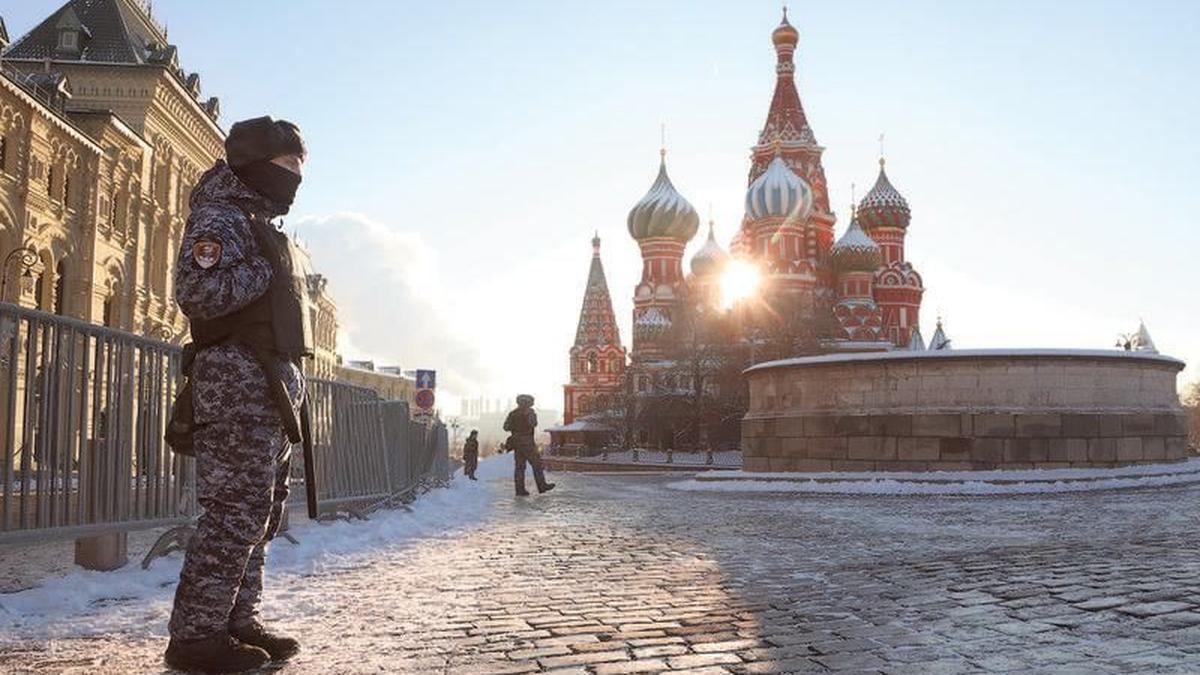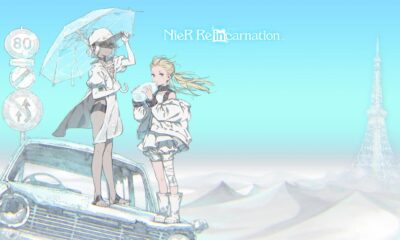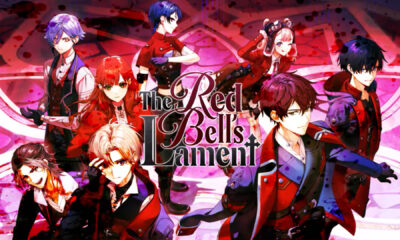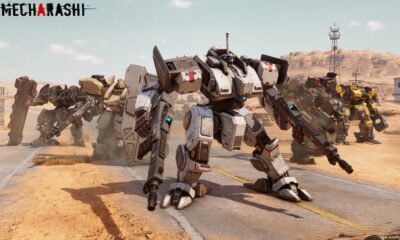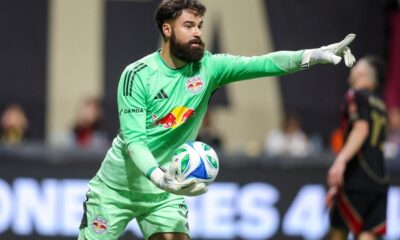Crisp sub-zero winds envelop the Red Square, Moscow’s heart, as political activists, weekenders, and visitors from abroad pour through the twin-towered Resurrection gates, reconstructed in 1994. In the square, on one side is Soviet hero Vladimir Lenin’s memorial and the Kremlin, where governments have conducted business. On the other is the execution spot, where rebels were hanged during the Czarist period.
About a dozen people have gathered in the space, first constructed in the 14th century, for the festivities that precede the Victory Day parade on May 9 that commemorates the triumph of the Red Army over Nazi invaders in 1945, when World War II ended. This year will be the 80th anniversary, a reminder of the about 20 million Russian lives lost across four years.
Posters bearing ‘1945-2025’ hang from every street corner, welcoming visitors to the Red Square. The revellers head towards the heritage market located on one side of the stone-paved expanse that has been witness to Russian history, from the Tzars to the communists to the disintegration of the Union of Soviet Socialist Republics (USSR) in 1991. Until then, Ukraine had been one of 15 republics of the Soviet Union.
In the days running up to May 9, the market is dominated by supporters of President Vladimir Putin. They sing, wave tricolour white-blue-red flags, and distribute newspapers and pamphlets. These editorialise the news, declaring a definite victory in Russia’s ongoing war in Ukraine.
“Our citizens know that we are not fighting with Ukraine, but with the U.S., and for that we need to threaten Washington, not Sumy,” says an article in Natsional’ny Curs (The Nationalist Path), a news pamphlet that openly calls for keeping Russia’s nuclear arsenal ready. While the pamphlets and newspapers are in Russian, and that is the predominant language on the street, Moscow also has communities of Turks, Greeks, and Germans.

The enthusiastic support for Russia’s military campaign in Ukraine is infectious and most of Moscow — citizens and travellers alike — reflects this. Seema Kushwaha, an Indian student in her 20s, is in Moscow for a few months to study Russian, on an exchange programme from Agra. She says, “People back home worry about the situation here. But we don’t have any fear as Russia is very strong in security matters. The war is heading in the right direction for Russia.”
The impact on Russia
The over three-year-old war began with Putin amassing troops along Russia’s border with Ukraine and making demands against North Atlantic Treaty Organization (NATO) expansion, which were rejected. The Russian army then went in, in what Putin called a “special military operation”. On February 24, 2022, Putin announced the launch of missiles. Soon, Russia launched a full-fledged attack, bombing the capital Kyiv, and going to annex the eastern Ukrainian territories of the predominantly Russian-speaking Donetsk, Luhansk, Kherson, and Zaporizhzhia.

Within a day the west imposed sanctions on Russia, impacting travel, communication, and daily monetary transactions of regular people. For instance, international credit cards ceased to work and some mainstream apps, such as those from the Meta stable, are mostly inaccessible.
“But the sanctions have not cut us out from the world. Yes, they restrict us, but we still manage to travel using third countries such as the UAE,” says Viktor Panin, who teaches international relations, in Pyatigorsk, in southern Russia, who is visiting Moscow.
The war has not dampened the party-loving Russian spirit. Weekend festivities are necessary, but that comes after placing flowers at the Tomb of the Unknown Soldier. Here, two soldiers — a woman and a man — stand, as the cold wind prompts walkers to wear gloves and fur caps for one last time before summer arrives.
As people place blood red roses and carnations at the memorial, where an eternal flame has been burning for decades, tourist guides apologetically remind them not to try and look for GPS locations. “The GPS is down in the Red Square. There has been a military alert this morning,” a guide says. A Ukrainian drone had managed to sneak into the Moscow region. The no-GPS information draws a careless shrug from visitors, who continue with their plans. The chatter in Red Square is one of defiance, not of fear.
The singers and pro-war demonstrators quickly take out a copy of Natsional’ny Curs. “Did you know that since 1994 our strategic missiles have no flight missions, that is the missiles have not been aimed for a long time. The U.S. has started the war in Ukraine. They want to destroy Russia and are not going to stop as nothing threatens them,” it says on the the front page.
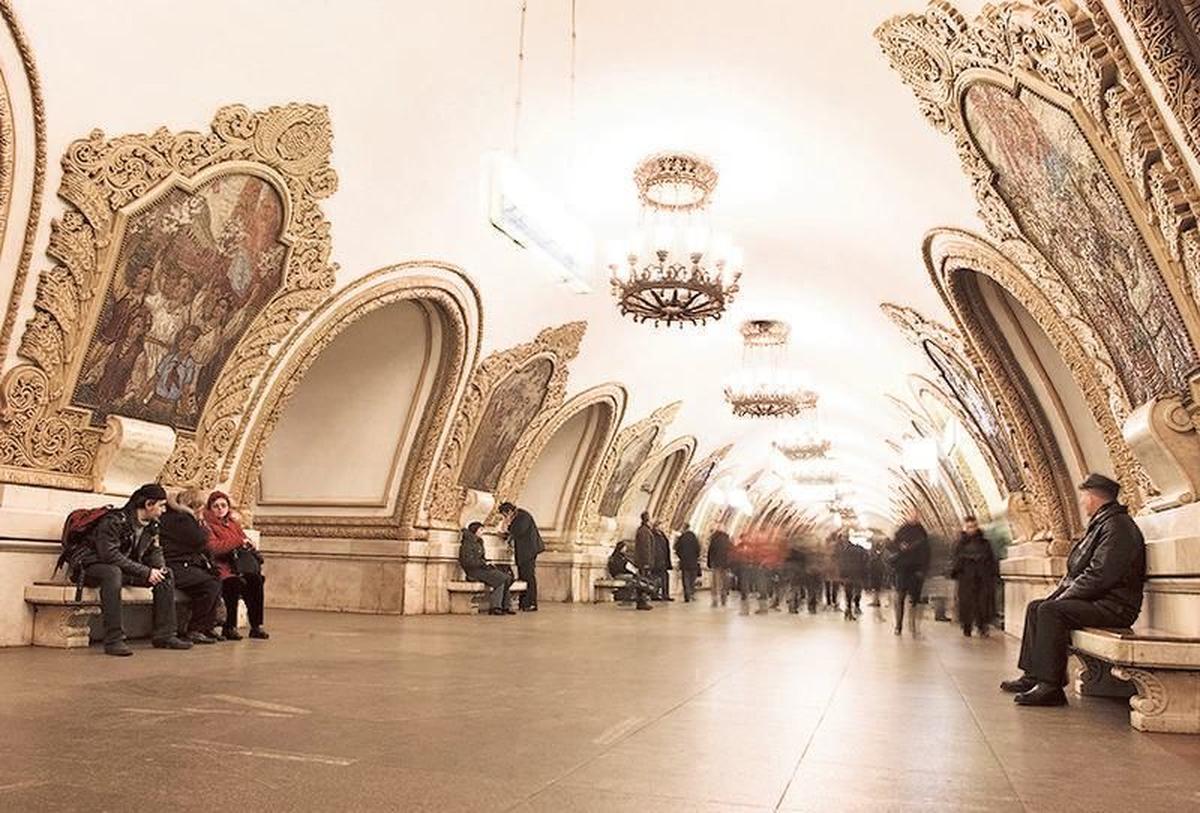
A view of Kyivskaya metro station.
| Photo Credit:
Getty Images
U.S. President Donald Trump has extended a proposal for talks and Russia has responded cautiously, leading to growing frustration in Washington DC. “We are well aware of what a mutually beneficial deal looks like, which we have never rejected, and what a deal looks like that could lead us into another trap,” Russian Foreign Minister Sergey Lavrov said in an interview with Kommersant newspaper.
Arif Asalioglu, a Turkish analyst of international affairs, who has been in Moscow for 13 years, says Moscovites have emerged stronger despite the war. Sipping tea with a sugar cube in his mouth, he recalls his earlier days in the city, when people were less assertive on the streets, and regional divisions were heightened. Now, he says, Russia seems more united, but there are challenges. “There is no official figure about the number of casualties in the war, and the worst fighting is behind us, but it wasn’t easy for Russia. The birth rate has gone down as a result of the war and some of the early war supporters lost popularity as the war passed through highs and lows,” says Asalioglu. He anticipates that in the coming months, Russia will take more territory from Ukraine, reducing the country in size and importance on the European chessboard.
A united people
Some distance from the Red Square, at the famous Kyivskaya metro station, Asalioglu gently advises a group of friends: “Be careful with your camera flash. Too many flashes may attract the attention of co-passengers who can alert the police about suspicious activities.”
But tourists will be tourists. Soon, there is a loud objection from the passengers about the camera flashes going off.

Kyivskaya metro station is named after the capital of Ukraine, the third largest republic within the erstwhile USSR. Eight decades ago, the soldiers of the Red Army fought their way into Ukraine and liberated the country from Nazi Germany’s control. There are art galleries depicting this deep underground in Kyivskaya station, after a two-minute-long elevator ride. About 30 mosaics depict various aspects of life in Ukraine: the Black Sea sturgeon, women hard at work in fields, and dams being built. They signify the connection that makes Ukraine a part of the Russians’ mental geography. The liberation war has been conflated with the military offensive against Ukraine.
Julia Pulekha (name changed to protect identity), a Ukrainian-origin Russian who hails from Kyiv, says her family has tried to avoid quarrels with the part of the family that continues to be in Ukraine. “I have never experienced any discrimination from citizens of the Russian Federation in the 10 years that I have been here. On the contrary, we were accepted as the dearest people on earth and I am very grateful for it. If it had been different, we would not have stayed,” she says. Julia’s grandparents continue to remain in Ukraine and they are determined not to leave home.
The war has not been just about two countries. On both sides, people with mixed ancestry and family ties to both sides have fought each other giving rise to bitter family feuds. Russians of Ukrainian origin have fought on the Russian side. “I don’t have any expectation about the war. I just hope that it will end soon. I am focusing on my personal life here but I am worried about my grandparents in Ukraine,” adds Julia.
A few stops away from Kyivskaya on the metro line is Mir (meaning peace in Russian). A five-minute walk away is Russia’s largest mosque, the Jama, with a dome of gold and turquoise accents. Mustafa Kutukcu, the imam, presides over prayers for soldiers who hail from Dagestan, Chechnya, Ingushetia, and other Caucasian areas that are Muslim-dominated. Most Russians are adherents of Orthodox Christianity and nearly 20 million Russians are Muslims hailing from southern Russia and the Caucasian region. President Putin’s narrative has presented the war as a collective effort supported by all parts of Russia.
Kutukcu is a Turkish-origin Russian. “Irrespective of our origin, the government regards all those who gave up their lives for Russia as martyrs. They have looked after the families of those who perished in the war,” he says.
Between conversations with visitors and the faithful, soldiers come and hold his hands and ask him to pray for their safety as they take leave to fight on the front line with Ukraine.
Trump’s outreach
At Russia’s main international airports of Moscow and St. Petersburg, visitors are mostly from Asia, the Arab world, and Africa. Russia describes this as a reorientation of its state of affairs. “Our national emblem, the double-headed eagle, has two heads in two directions. One head was turned to the west, but the head that looks to the east had its eyes closed. That has now changed, as the eyes of that eagle have opened, and Russia is now looking at the east for its requirements,” says Alikber K. Alikberov, director of the Institute of Oriental Studies, Russia’s oldest think tank, which turned 200 years old in 2018.
At the airport though, the immigration clearance even for foreigners from the east often takes three to four hours. Passengers may also face “military incidents” that force last-moment changes in flight paths. When the drone attack took place, it hit a target near Moscow’s main Sheremetyevo airport, and flights were diverted.
Before the afternoon festivities begin at the Red Square, the grand white and gold Financial University under the Russian Federation opened its intimidating Soviet-style auditorium for thinkers and analysts from Russia, India, China, Turkey, and countries of Central Asia to discuss Russia’s response to Trump’s outreach to the Kremlin.
This is against the backdrop of President Trump’s confrontation with Ukrainian President Volodymyr Zelenskyy in February this year, over a U.S.-Ukraine mineral agreement. At that meeting, Vice President J.D. Vance called Zelenskyy “disrespectful” and accused him of being “ungrateful” for the support from the U.S.
Geopolitical thinker Margarita F. Mudrak, professor and chair of the board of the think tank Russian Association of International Cooperation in St. Petersburg, travelled in the U.S. at the height of the Cold War in the late 1960s and the early 1980s, when people-to-people contact between the Soviet Union and the western countries was not really widespread.
Mudrak speaks sternly, saying that the way Russians look at the war is not dependent on the position of one particular leader of the west. The war is about terminating security threats that had been festering on its borders for a long time, she says. “We know Trump. He is not a stable decision maker. The U.S. stopped sharing satellite navigation with Ukraine briefly, when they had to get Ukraine to agree to its terms and conditions on the minerals deal. But soon after the agreement was sealed, they resumed, which helps Ukraine aim its missiles at us,” Mudrak says. She adds: “Trump is a businessman, not a strategic thinker. His aim is to secure critical minerals.” She makes it clear that none of the territory gained by Russia will be given back to Ukraine.
Starting with 2014, Russia has gradually expanded its territory on the west. First it annexed Crimea and after the beginning of the ‘Special Military Operation’ on February 24, 2022, it has gained substantial amount of territory in eastern Ukraine (Donetsk, Luhanksk and other areas) that it has not given up despite continuous attack.
The conversation among the analysts and researchers spreads from the stately university that dates back to 1919 to a Caucasian café outside campus that serves a variety of potatoes and meat. Then Russian military strategist General Nikolae Plotnikov, asks, “Why is India so cautious? Sometimes we find other countries that do not have a record of friendship with Russia welcoming our ideas, but it is difficult to get India on board at times.” He surrounds himself with young admirers and a security detail, and is a part of Russia’s back-channel team in talks with the Trump administration. The Indian government has announced that Prime Minister Narendra Modi will not be attending the Victory Day celebrations in Moscow on May 9.
The group of about 15 analysts stops off at the Museum of the Great Patriotic War of 1812. Here, in the cold corridors, are objects that were captured from the defeated army of French emperor Napoleon Bonaparte in 1812, after the Russian population united under the commanders of Czar Alexander I.

